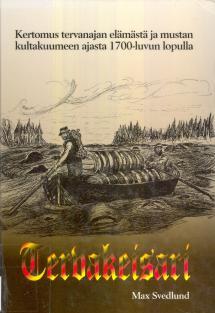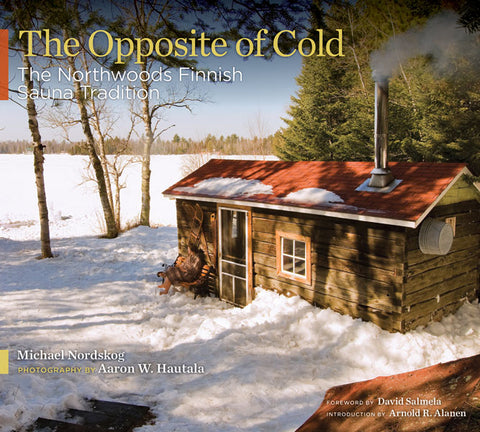
Svedlund, Max
The Tar Emperor is the story of your ancestors from the tar era of the 16th century to the gold rush of the 18th century.
Tervakeisari
Sale price
$25.00
Regular price
$32.00
Written in Finnish
German-born Vilppu Keisari settled in Ostrobothnia in the parish of Soini in 1613 and married the daughter of a landowner. Vilppu Keisari became the ancestor of a large family, which included several pioneers of tar burning.
Tar insulates, seals and protects.
Tar unites the bourgeoisie and the landlords.
Tar gives rise to romances and marriages.
Tar provides income, work and livelihood both in the interior and in coastal towns. Black gold has all these qualities and is obtained from the forests of Soini. Bourgeois Strang buys tar and this gives him wealth.
Poor Iida, on the other hand, fights for her life and the right to exist. Joki-Pekka and his friend Lappi transport tar and find themselves in various adventures on the river. The original Sámi are forced to move further and further north to avoid the settlers.
The emperor's family has had tar emperors for many generations who burned, transported and sold tar. The fight for tar was ferocious. Many wanted their share of the profits, legally or illegally. The practice of innkeepers was not always to the liking of the authorities. Trading houses, but also coastal towns, competed for the right to sell, buy and distribute tar.
Tar provides income, work and livelihood both in the interior and in coastal towns. Black gold has all these qualities and is obtained from the forests of Soini. Bourgeois Strang buys tar and this gives him wealth.
Poor Iida, on the other hand, fights for her life and the right to exist. Joki-Pekka and his friend Lappi transport tar and find themselves in various adventures on the river. The original Sámi are forced to move further and further north to avoid the settlers.
The emperor's family has had tar emperors for many generations who burned, transported and sold tar. The fight for tar was ferocious. Many wanted their share of the profits, legally or illegally. The practice of innkeepers was not always to the liking of the authorities. Trading houses, but also coastal towns, competed for the right to sell, buy and distribute tar.
The Tar Emperor is the story of your ancestors from the tar era of the 16th century to the gold rush of the 18th century.
2005
Hardcover, 176 pages




